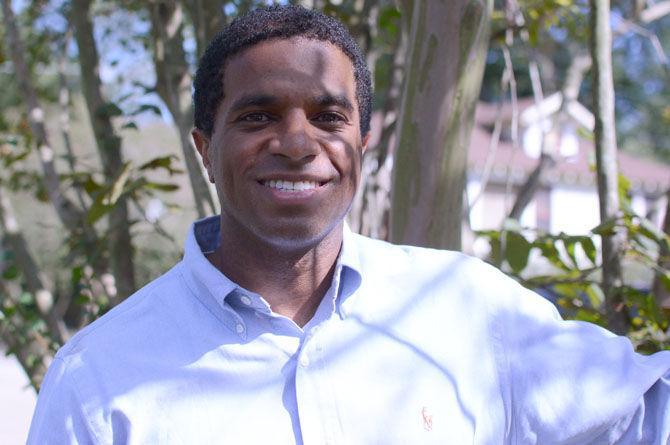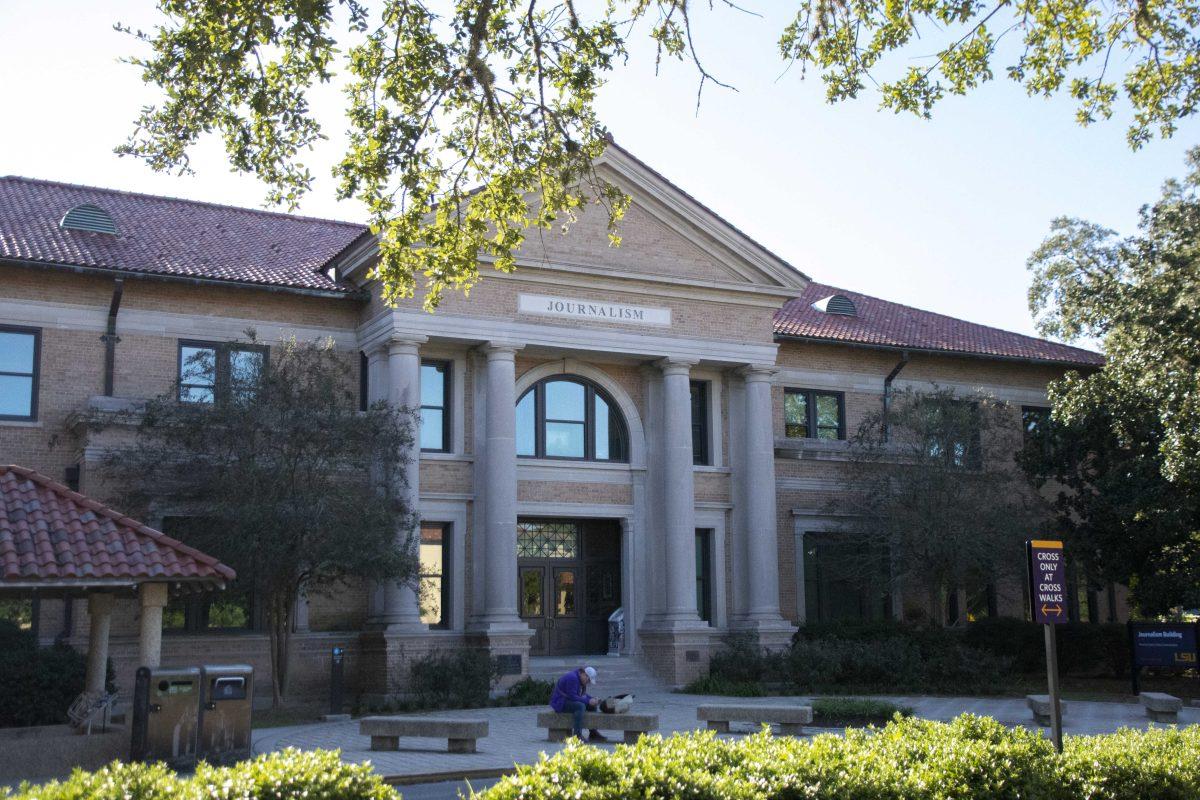Newly inaugurated Gov. John Bel Edwards’ economic development transition team set big plans for small business. The team of politcal advisors and appointees spent days working from LSU’s Kirby Smith Hall while students were on break.
A team of 33 business owners, policy experts and union workers sought to implement three key initiatives during their meetings: financial assistance, the appointment of a Director of Diversity within Louisiana Economic Development and the rebuilding of some of the abandoned former business sites, according to the document.
Michael Hecht, co-chair of the committee and President and CEO of GNO, Inc., said the initiatives range from tactical to capacity-based.
He said one of the team’s tactical goals involves helping small businesses achieve bonding levels to qualify for large projects, while capacity incentives include having roundtable discussions where small businesses can seek legal and accounting advice.
Though LED boasts big business attraction and deals, Hecht said the team recognized small businesses account for about 90 percent of the jobs in the state, jobs where students might work after graduation. He said the goal of the meetings was to create an additional focus on small businesses rather than take away from larger organizations.
“LED is known locally and nationally for doing an outstanding job with big business, and we’re saying to continue that, but to now enhance the focus on small business,” Hecht said.
While the policy suggestions do not necessarily differ from former Gov. Bobby Jindal’s, Hecht said they add “a new layer of emphasis” to Louisiana’s economic culture of not only small business, but rural business, business enterprises and entrepreneurship, as well.
As a former founder and COO of a San Francisco restaurant, Hecht said his personal experience with small business management helped him facilitate group discussion.
“What [the initiatives] should ultimately do is save small businesses their two most precious resources, which are time and money,” Hecht said.
By providing better information, supporting bonding and cash flow, and streamlining the license and permit process, he said the state has an opportunity to help small businesses save both time and money — which makes the business more profitable.
Chris Tyson, committee member and Paul M. Hebert Law Center associate professor, also derives personal experience from the realm of small business. He entered the new millennium by enduring a “harrowing 10-month rollercoaster ride” with an internet startup company.
“It was an incredible experience for me,” Tyson said.
He said his job responsibilities included marketing and business and strategic development for the company, skills he would later implement in his own entrepreneurial effort conducting youth and young adult-based marketing research for companies like Coca-Cola, Microsoft and Skechers.
Despite his professional insight, Tyson said he did not believe one had to have small business experience to offer critical perspective on the transition committee.
He said he was pleased with Edwards’ demographically and geographically diverse committee and that policy recommendations were a collaborative effort.
“I think they were all equally credible perspectives and voices in a discussion about economic development,” Tyson said.
John Bel Edwards’ Economic Development transition committee makes policy suggestions
January 13, 2016
LSU Associate Professor of Law and Louisiana Secretary of State candidate stands outside his headquarters on Tuesday, Sept. 15, 2015 in Downtown Baton Rouge.
More to Discover













